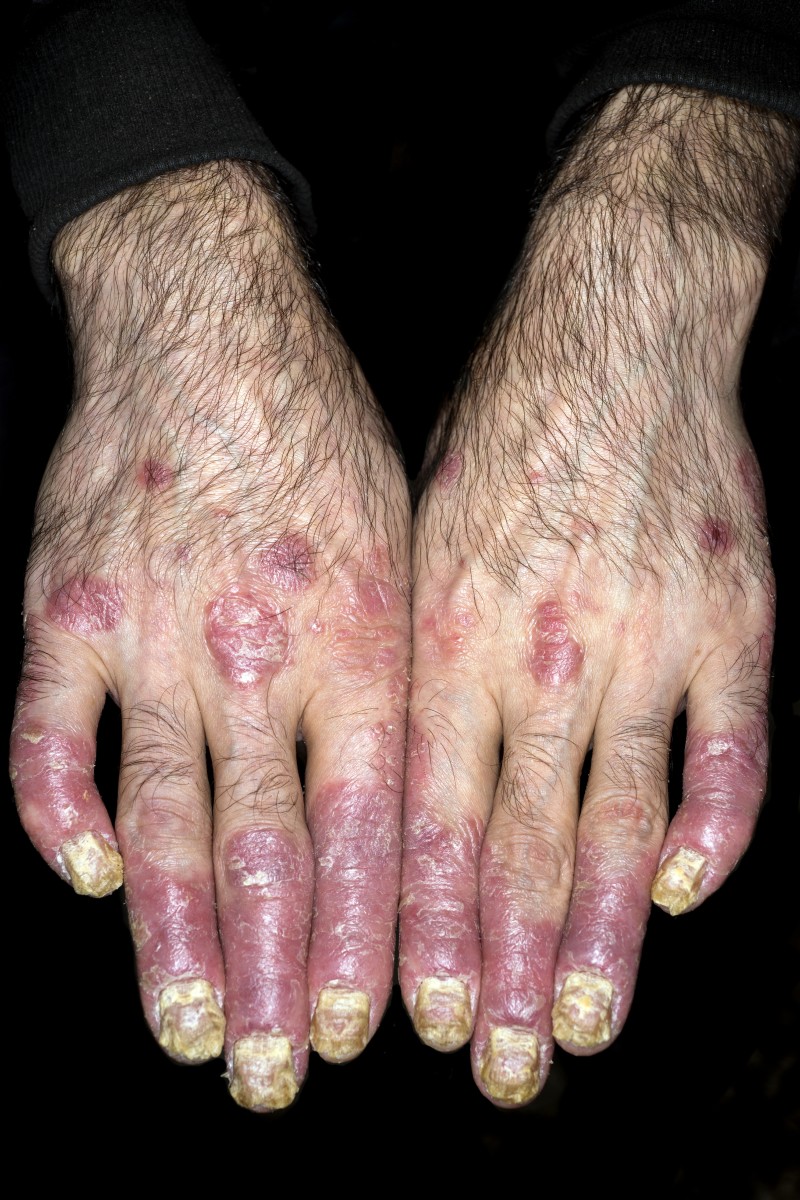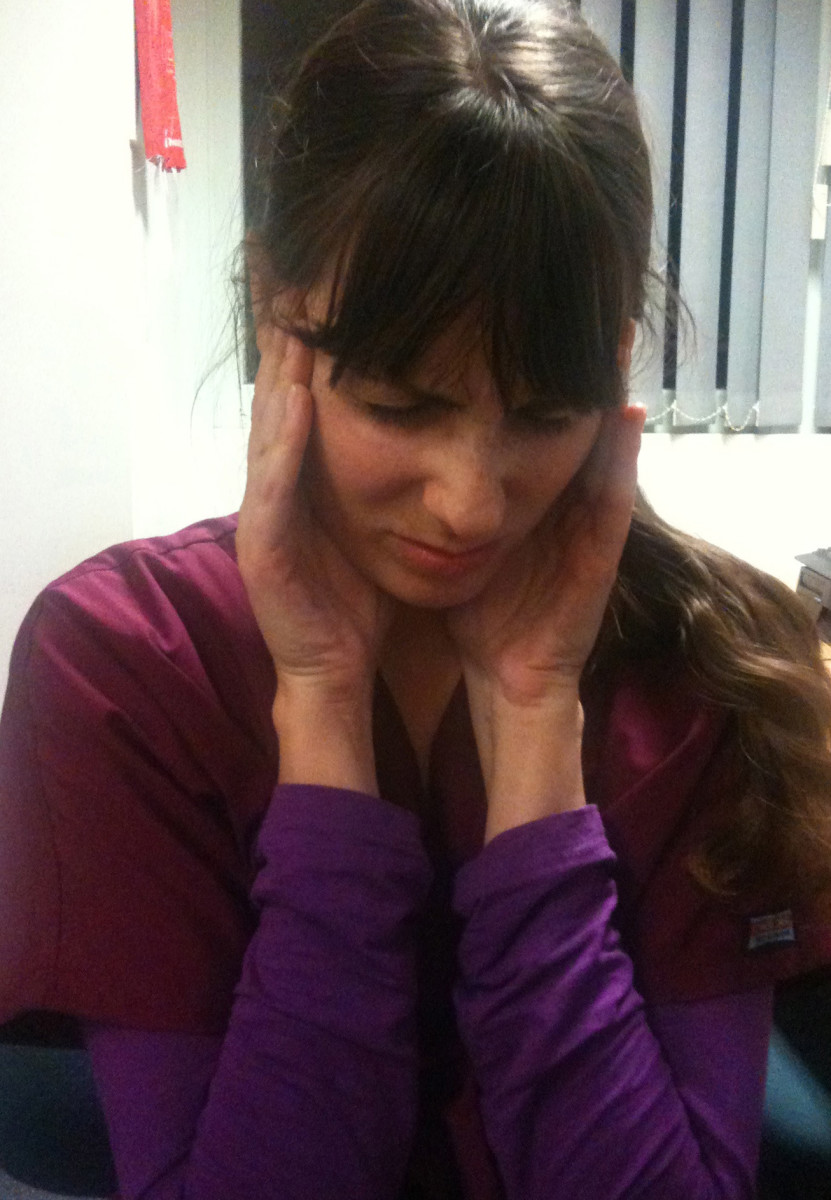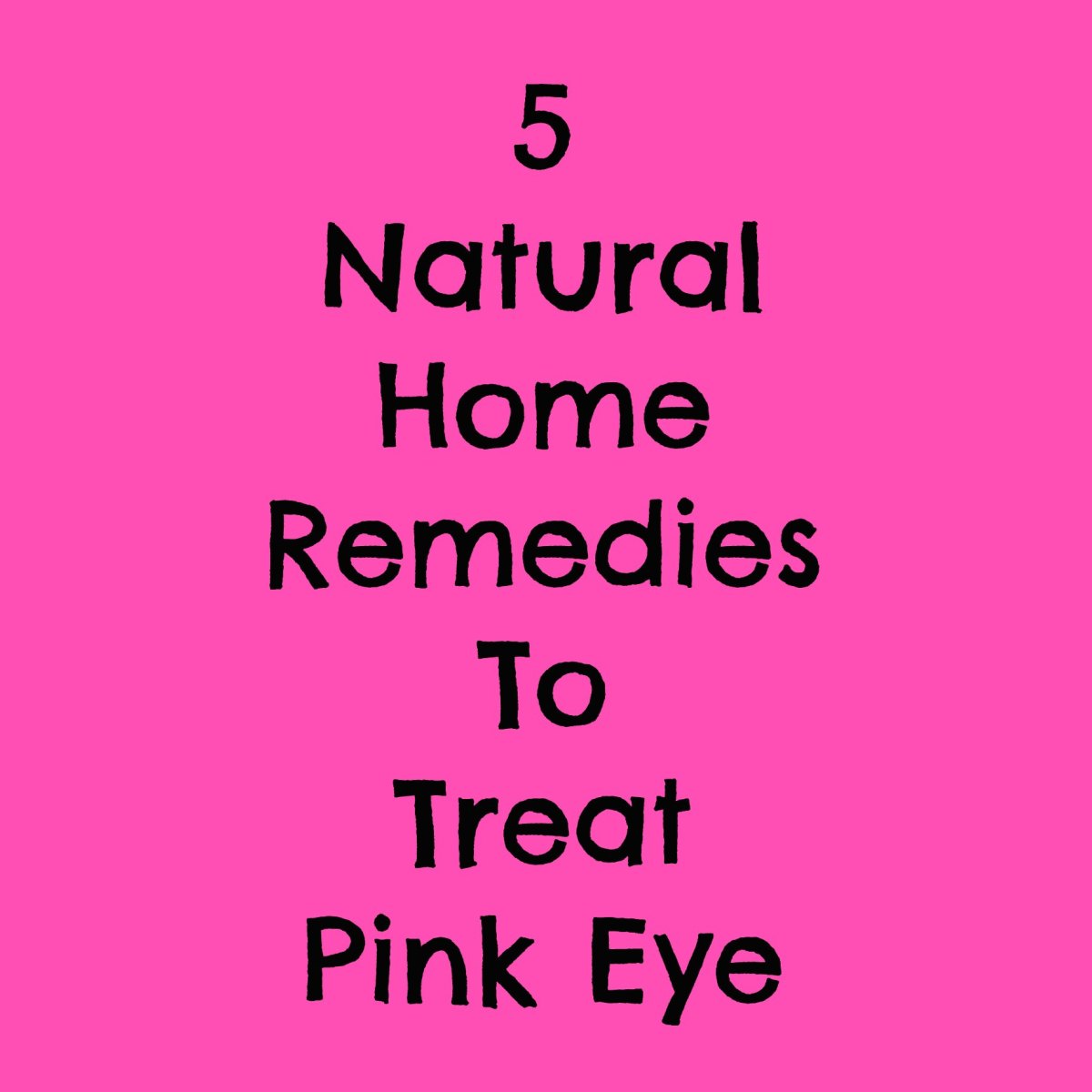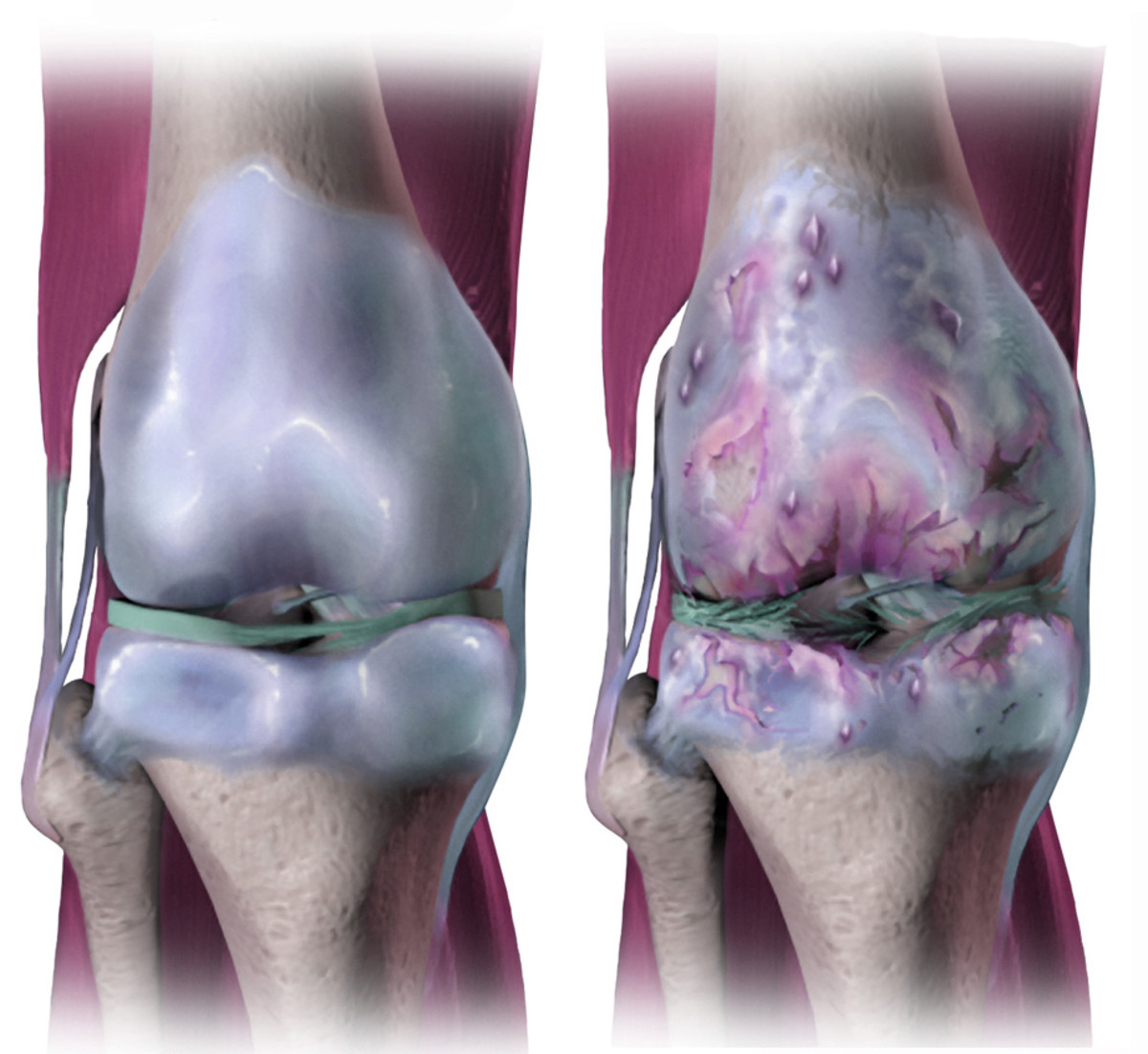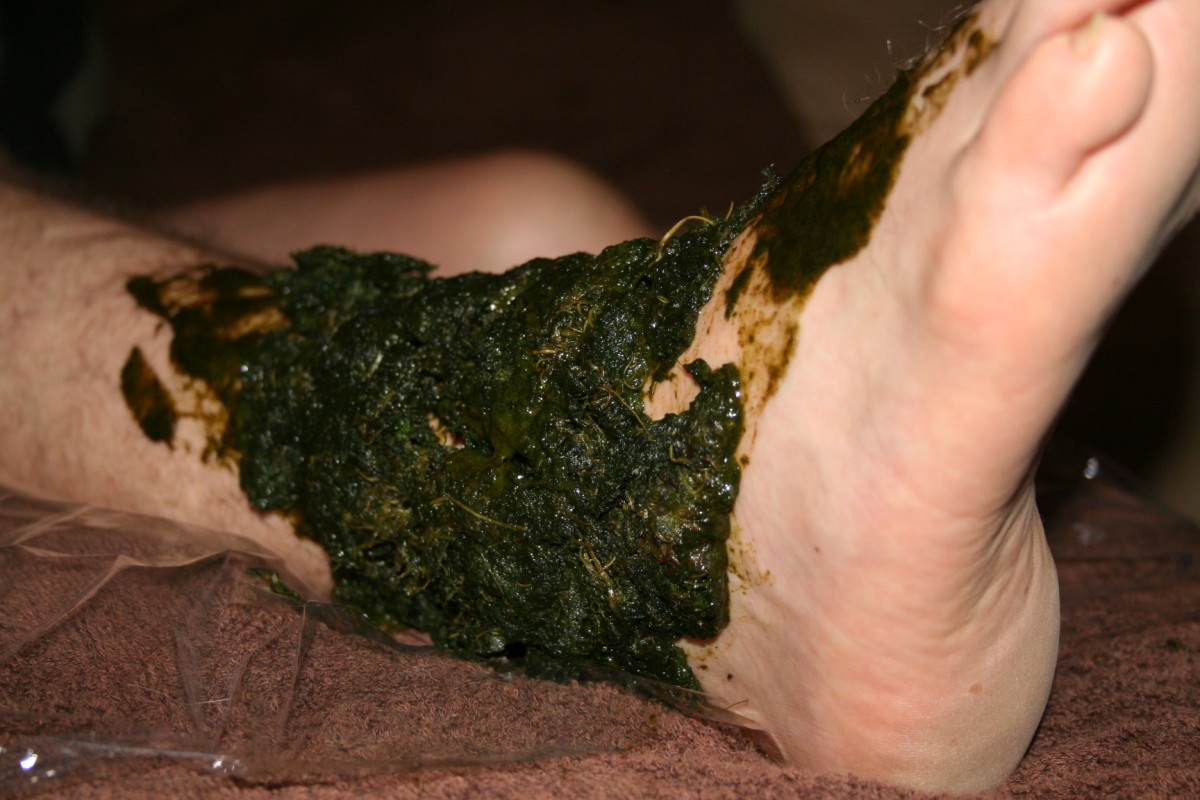Natural Home Remedies For Eczema
About Eczema
Eczema is the name used to describe a group of skin conditions that cause inflammation or irritation. The most common form is atopic eczema.
Atopic eczema can cause the skin to become itchy, dry and cracked. It can appear anywhere on the body, but it commonly affects the hands, the insides of the elbows and the backs of the knees. Some people may only have small areas that are affected, but others may have it all over the body. If often develops in childhood, but it can also appear for the first time in adulthood.
The cause of atopic eczema isn’t fully known. People with allergies may be more likely to have eczema, and it can also run in families. Symptoms can be triggered by food allergies, soaps, the weather or stress.
Eczema should be diagnosed by a doctor, who will be able to advise on how to treat and manage the condition. There are also some home remedies that you can try to relieve the symptoms and manage flare ups.
Coconut OIl
Coconut oil can be useful as a moisturiser for those who suffer from eczema and dry skin. The fat and oils can help to prevent your skin from becoming drier and more irritated. Coconut oil contains vitamins E and K, which can both be beneficial for the skin.
This is a simple remedy to use. All you need to do is apply to the affected areas as and when needed.


Oat Bath
An oat bath can be soothing and provide relief from itching and inflammation. There are a couple of different ways that you can prepare an oat bath.
One method is to use a food processor or blender to grind the oats into a fine powder. One cup of oats should be enough. Once the oats have been blended they can be added directly to the bath. The water should have a milky appearance.
Another method is to make an oat bag using a muslin bag or a pair of tights. Add the oats to the bag and place in the bath while the water is running. This will allow the oats to infuse the water.
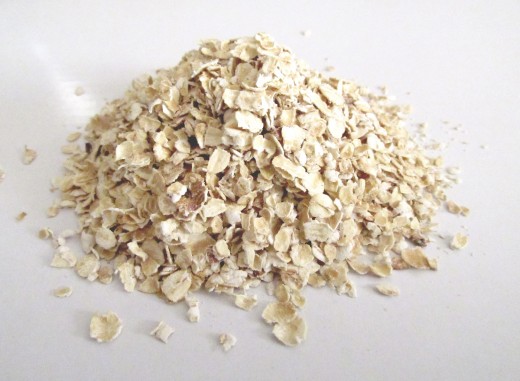
Green Tea
Drinking green tea can be beneficial for eczema sufferers. It contains antioxidants and is thought to have anti-inflammatory properties, which can help to control the inflammation and itching caused by eczema.
There can be side effects caused by excessive consumption of green tea, and it may not be suitable for everyone. Contact your healthcare provider to ensure that it is safe for you. Green tea is best avoided during pregnancy and breastfeeding.

Chamomile
Chamomile is thought to have anti-inflammatory properties, as well as speeding wound healing. Dried chamomile flowers can be used to make a compress to relieve the symptoms of eczema. Use a heaped teaspoon of dried chamomile flowers, or a chamomile teabag, to make a cupful of chamomile tea. Steep until cool, then soak a clean cloth in the infusion. Wring out the excess moisture, then apply it to the skin for around 15 minutes.
Chamomile can cause allergic reactions, so do not use this remedy unless you are certain you do not have an allergy to it. Avoid use of chamomile during pregnancy. Please consult your doctor before using any herbal remedy to ensure that it will be suitable for you.

Omega-3
Increasing the amount of omega-3 in your diet can help to reduce the inflammation associated with eczema. As well as having anti-inflammatory properties, these fatty acids can also help to keep moisture in your skin cells.
Oily fish, such as salmon, mackerel, trout and fresh tuna are all good sources of omega-3. These types of fish can contain pollutants, so it is recommended that you limit the amount of oily fish in your diet. The current recommendation is up for two portions of oily fish a week for females and up to four for males. Other types, such as shark, swordfish and marlin should be avoided altogether during pregnancy and breastfeeding, and limited to one portion a week for other adults.
For those who don’t eat fish, omega-3 can also be found in pumpkin seeds, walnuts, soya products and green leafy vegetables.

Relieving The Symptoms
There are many ways you can use home remedies to relieve the symptoms of eczema, often with items found in your own kitchen! For a longer term solution, you may want to look at the soaps and detergents you are using, as these can sometimes make the symptoms worse. Food allergies can also be triggers, so you might find it useful to keep a diary of what you eat and when you have flare ups. If you suspect a food allergy, please speak to your doctor.
The information in this article is not intended as medical advice. Please consult your doctor before using any home remedies or making any changes to your diet, particularly during pregnancy and breastfeeding or if you have any medical conditions.

